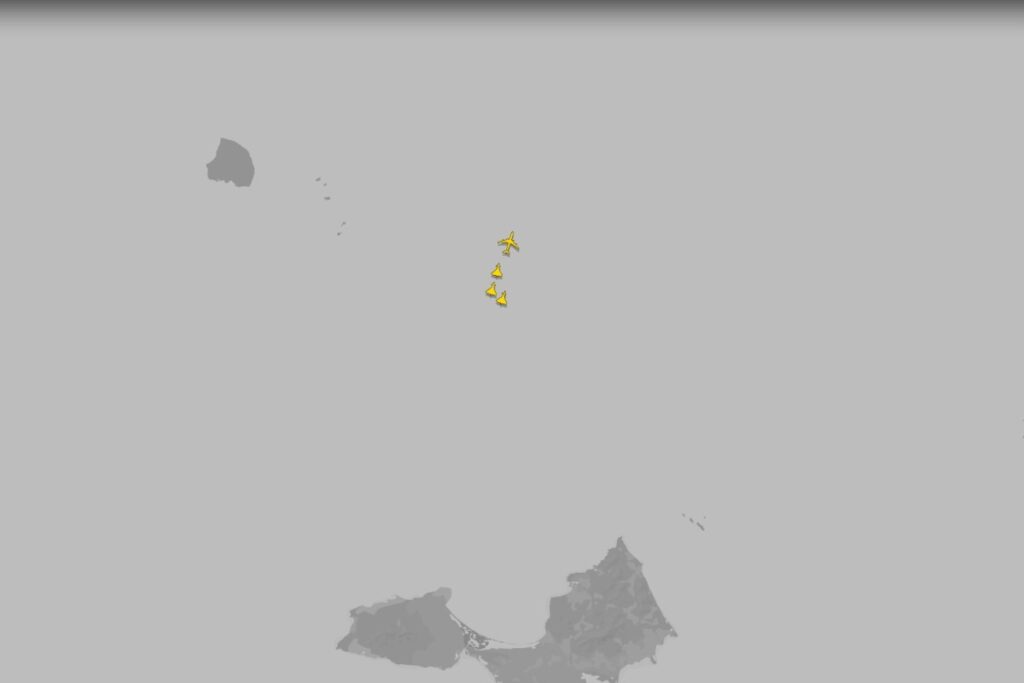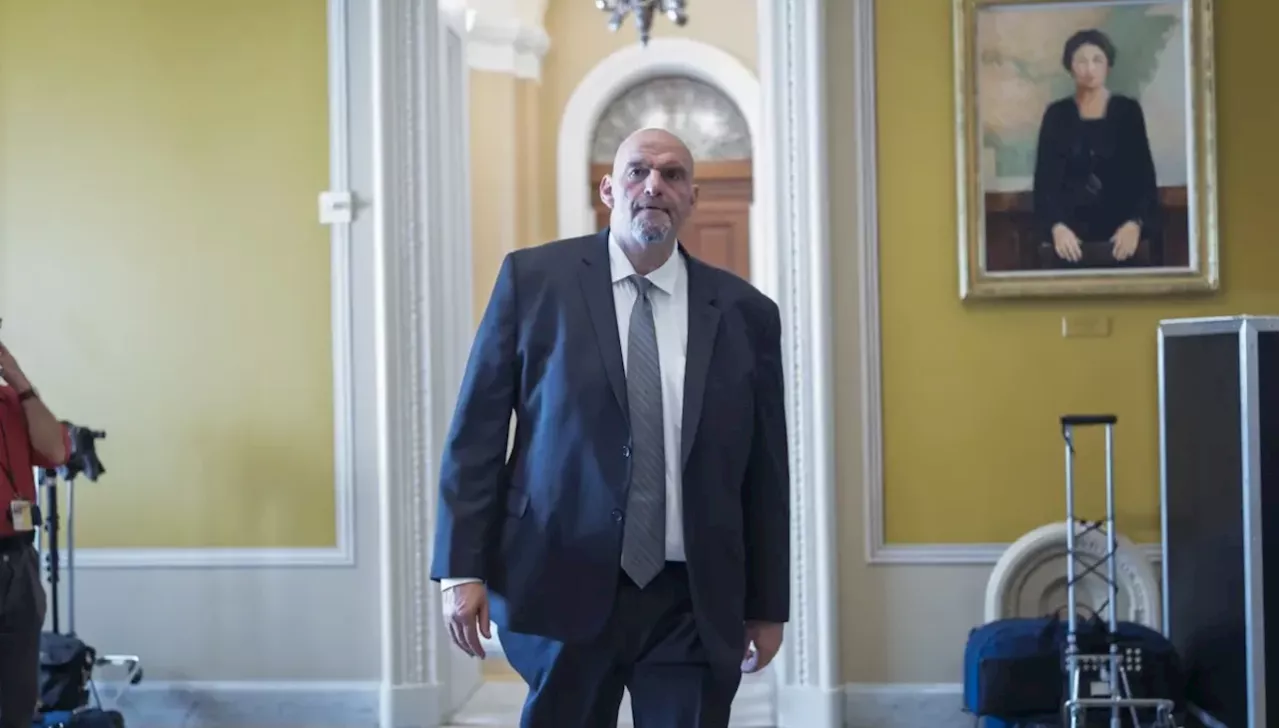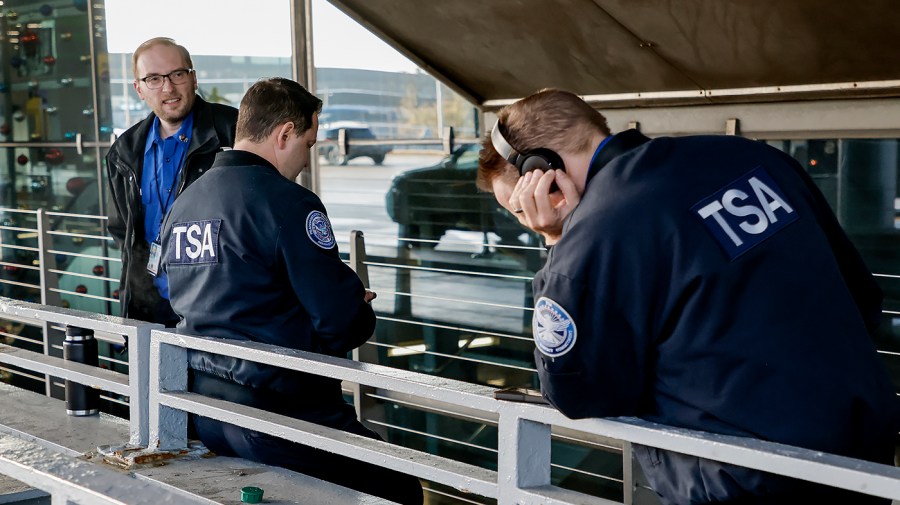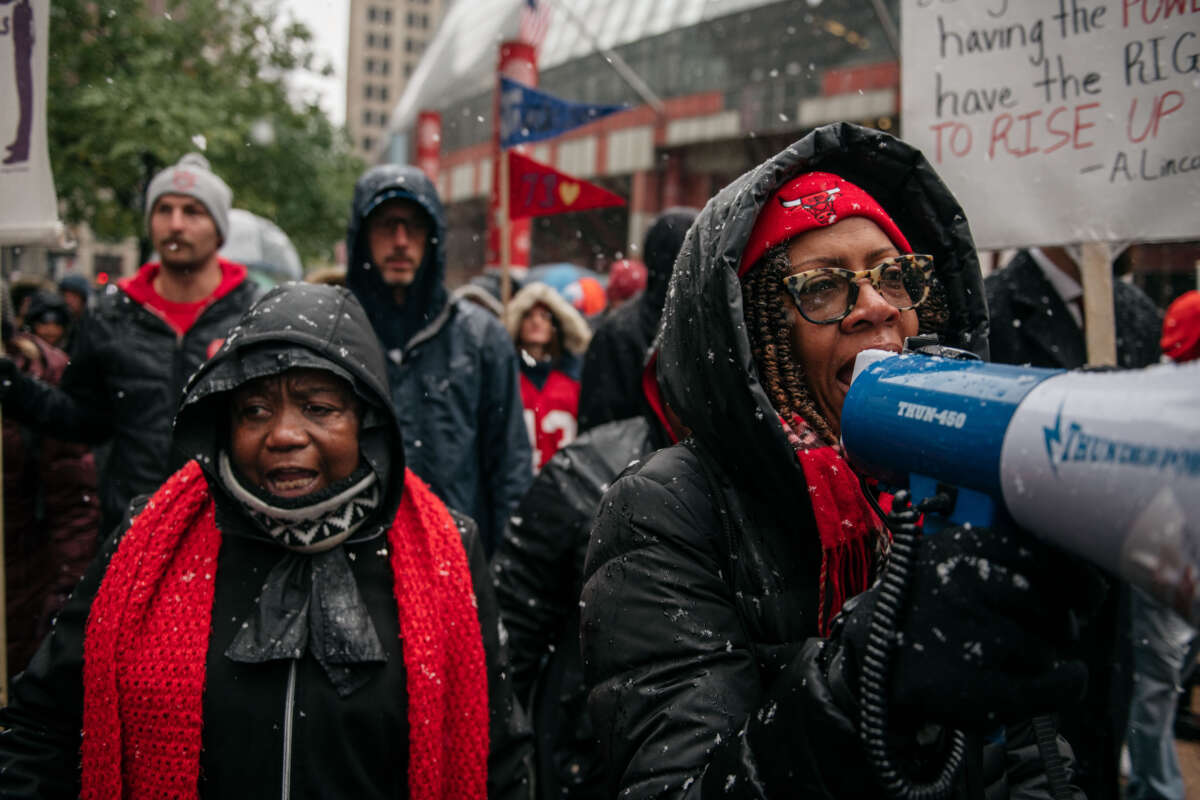
A B-52 bomber from the U.S. Air Force conducted a flight over the Caribbean Sea, passing close to Venezuela on March 15, 2024. This operation, tracked through open-source flight data, is part of a series of military maneuvers aimed at increasing pressure on the government of Venezuelan President Nicolás Maduro. Recent activities in the region have included various U.S. combat aircraft such as F/A-18 Super Hornets and an RC-135 Rivet Joint.
The escalation of U.S. military presence follows an initial focus on combating drug trafficking, which has now evolved into a broader strategy targeting the Venezuelan regime. The Trump administration has significantly enhanced its military footprint in the southern Caribbean, asserting that “all options” remain available as part of its pressure campaign. A pivotal development in this effort is the formal designation of the Cartel de los Soles as a terrorist organization, effective as of March 15. This designation links the cartel to high-ranking Venezuelan officials and has been met with strong opposition from the Venezuelan government, which labeled it a “ridiculous scheme” aimed at justifying potential foreign intervention.
The B-52 bomber’s recent sortie, which included escort from F/A-18s, marks its second mission in five days. Reports indicate that the aircraft was likely monitoring drug trafficking routes as part of Operation Southern Spear. The operation aligns with the U.S. Southern Command’s mission to disrupt illicit drug activities in the region.
In a statement to the One America News Network, Secretary of Defense Pete Hegseth emphasized the U.S. military’s unmatched capability to conduct both land and sea operations. He noted that Operation Southern Spear specifically targets narco-terrorists and their trafficking routes. Hegseth warned potential traffickers, saying, “Don’t get in a boat because it’s going to end poorly for you.”
The Secretary of Defense elaborated on the implications of the recent terror designation, stating that it provides additional tools to the military to enhance options available to the President. He highlighted that discussions are ongoing among military officials to determine the best course of action for U.S. interests.
Venezuelan officials have responded critically to the U.S. military’s actions. Foreign Minister Yan Gil issued a statement on social media, urging the U.S. government to reconsider its aggressive posture. He argued that such actions harm the development of Caribbean nations and fail to contribute meaningfully to the fight against drug trafficking.
Looking ahead, Hegseth indicated that the U.S. is ready to apply the same long-range pressure strategies used against extremist groups abroad if required in the Western Hemisphere. He did not confirm any plans for U.S. military strikes on land targets within Venezuela, leaving the future of U.S.-Venezuelan relations shrouded in uncertainty.
This increased military activity signifies a critical juncture in U.S.-Venezuelan relations, with significant implications for regional stability and security. As tensions persist, the international community will be watching closely to see how these developments unfold.






